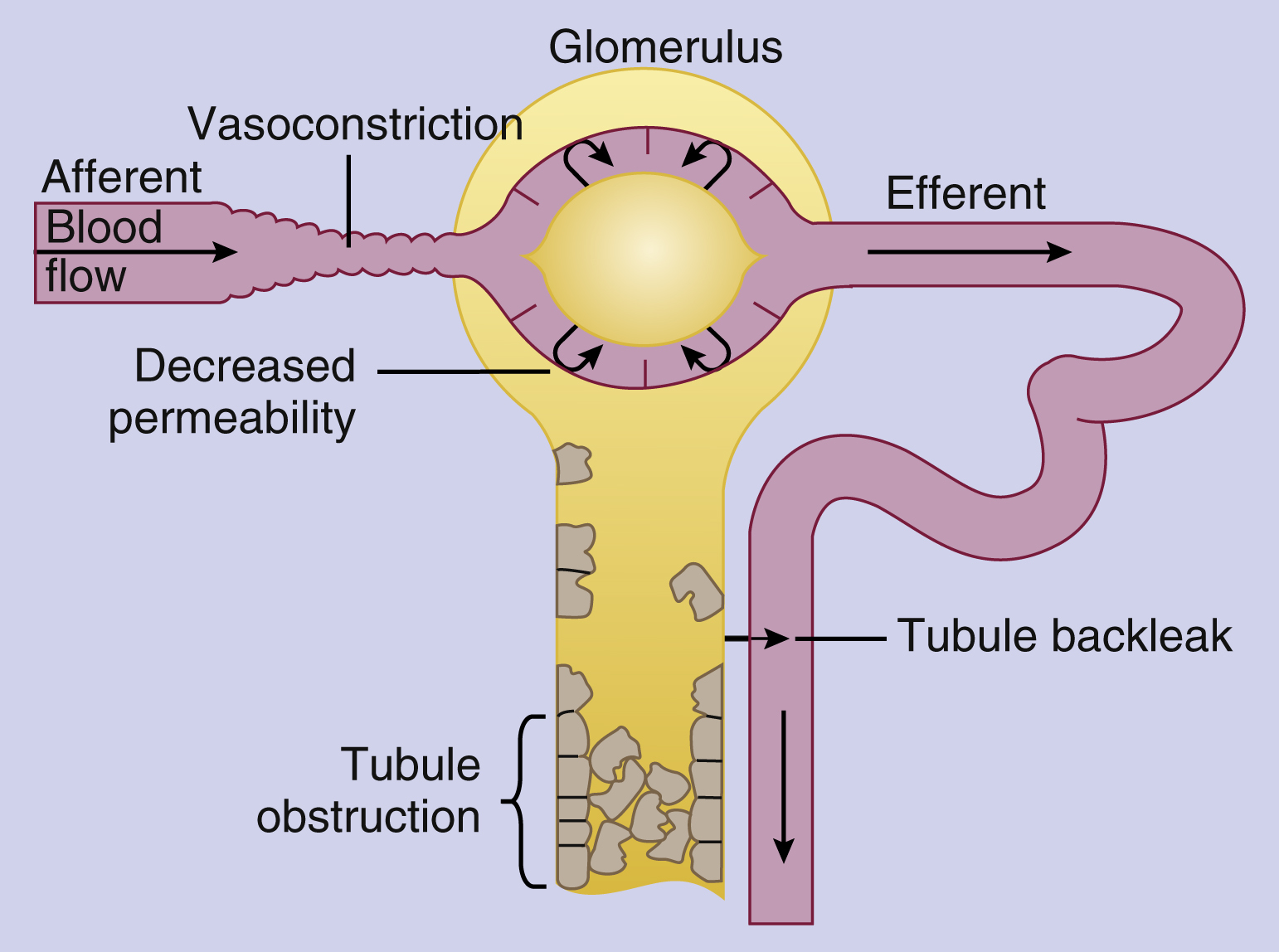oliguria /ol′igyo͝or″ē·ə/ [Gk, oligos + ouron, urine] , a diminished capacity to form and pass urine—less than 500 mL in every 24 hours—so that the end products of metabolism cannot be excreted efficiently. It is usually caused by imbalances in body fluids and electrolytes, renal lesions, or urinary tract obstruction. Also called oliguresis. Compare anuria. −oliguric, adj.

